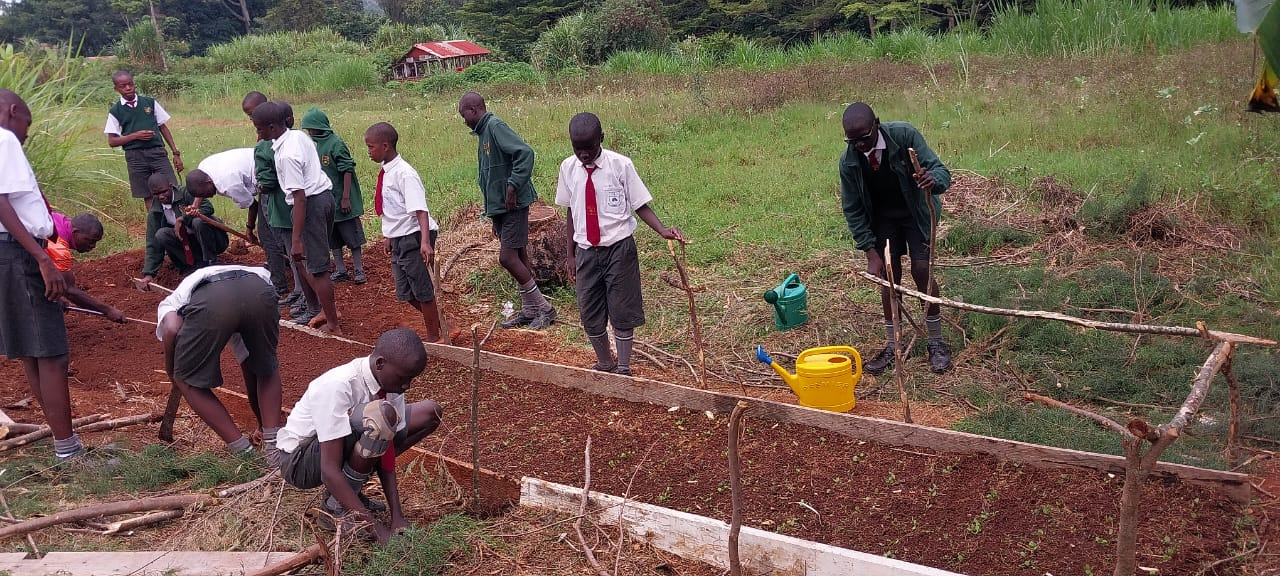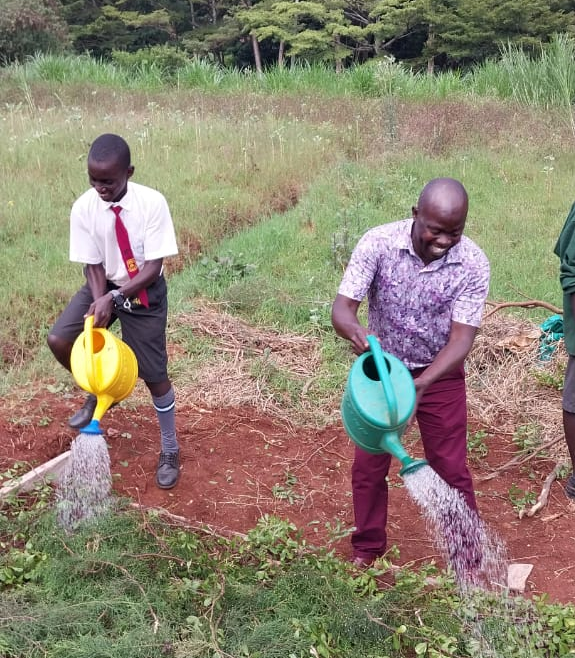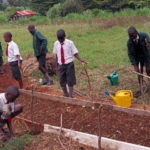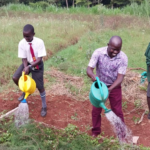Teacher: Eric Awuonda

Eric Awuonda
Eric believes that there are no limits to student achievement. After twelve years working in the education industry, he has the experience, enthusiasm and energy needed to educate a student for the whole of their life. As a true professional, he understands that staff development and teamwork are key to the success of a school. Because of this, he works hard to keep his skill sets current and to bond with his work colleagues. His current place of work Maseno school has excellent facilities, is over-subscribed and is attended by highly motivated students, who have consistently achieved excellent results. He plays a full part in school life and goes above and beyond to ensure success. Outside the classroom environment, he actively engages in different clubs and societies in the school and serves as the patron for the environment club.
Usefull links related to the Solution
Overview
This project takes place in Siaya County, Kenya, where the local communities depend heavily on cattle rearing and farming for their livelihoods. Sadly these practices are contributing to deforestation and desertification in the area. The goal of the project is to establish permanent tree nurseries within the school to provide seedlings for the surrounding communities.
Theory of Change
Eric identified that there is a lack of environmental knowledge in community members which contributes strongly to unsustainable practices being practiced. The project aims to empower students and parents to make informed decisions about environmental issues. It also aims to strengthen their resilient livelihoods allowing them to better adapt to climate change. Students are also able to make informed decisions, and claim spaces for climate change resilience with the government while taking collective action to influence policy and planning for climate change adaptation at local, national, and global levels.
Approach and Actions
The main factor affecting environmental degradation in the project area is the lack of environmental education among community members. The project seeks to enhance community participation in the rehabilitation of forests by raising tree nurseries and building the capacity of the local communities to plant and care for the trees. Building the capacity of the community will result in more community ownership of the project and in turn will lead to more continued efforts to ensure the environment is conserved for generations to come.
This is being achieved through four main activities. Firstly, the school tree nurseries programme plays an important role in reforesting local communities and also has an educational impact. Native trees are propagated along with fruit trees which have the added benefit of providing additional nutrition for students. Secondly, paper and plastic are collected, sorted and recycled in an attempt to improve the local environment; and also recycled plastic products are produced by community members which enables them to generate some income. Thirdly, a climate club has also been established in each school in the project, this is used to teach students about environmental and climate change issues. And finally, as mentioned previously, capacity building also occurs; the focus of this learning is on enabling individuals and organisations to develop creative solutions that address community issues resulting in sustainable development in the community; parents of the primary school club students also learn about topical issues related to environmental conservation, reinforcing the students learning.
A total of 210 students have participated in the project. A total of 65 students are from Maseno school while 135 are pupils in the three primary schools in Siaya county. The project participants have so far been able to raise a total of seven nurseries and a total of 950 seedlings.
Impact
The project is in its early stages, the impact of the project is therefore not yet obvious but a large number of trees have already been propagated by the schools involved. Eric has also identified that a change in mindset has already occurred in many local people, this has been seen in their support of the nursery programme and in their support of the school climate clubs.



